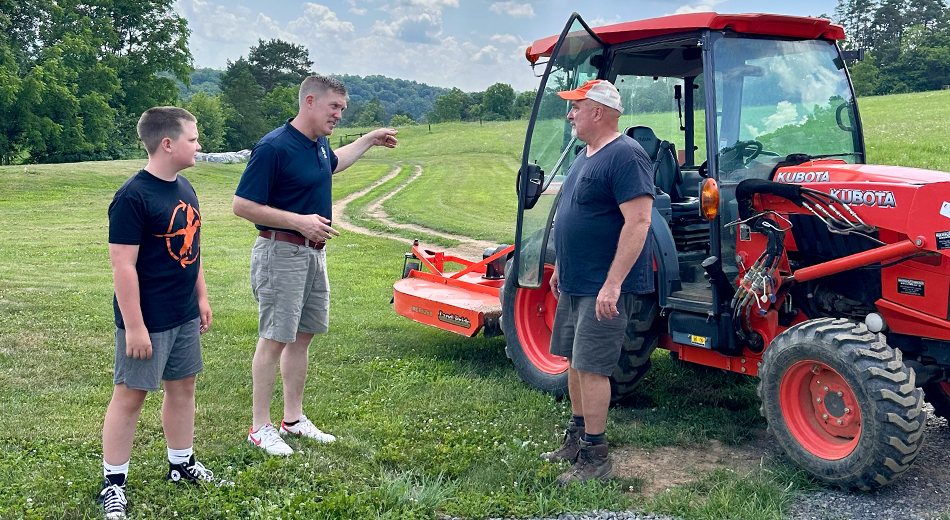
‘May I Hunt Your Land?’
Gaining access to private ground takes luck, guts, and strategy
BY KYLE WINTERSTEEN
North American duck hunters enjoy access to hundreds of millions of acres of public land. Yet while this is where many waterfowlers (including me) primarily hunt, securing permission to hunt a private farm or two can be a game changer. However, gaining access through a handshake rather than a lease is increasingly difficult and varies by region. In parts of Canada, it’s still freely given; in the American South, it’s nearly extinct.
But regardless of your region’s limitations or opportunities, permission starts with the courage to approach a landowner and start a conversation about all those ducks you “couldn’t help but notice.” Here are some practical tips, based on real experience, to help you knock less and hunt more.
1. Dress for Success
Clean up a little. You don’t need to wear a suit, but a decent pair of jeans and a tucked-in shirt can go a long way in reflecting discipline, manners, and respect.
2. Bring a Child
Who could say “no” to a kid? Plenty of people, it turns out—but sometimes it’s the difference between a “let me think about it” (which is a “no”) and a “yes.” Plus if you’re a big, beastly male, a child or female companion can be disarming.
3. Scout Ahead
Use apps like OnX and HuntStand to help you find parcel owners and access points. That’s handier than it sounds and will save you the trouble of flagging down the man on the tractor who merely leases the field.
4. Have Good Timing
Consider knocking on doors in midsummer to avoid planting and harvest seasons and to beat the rush of permission seekers in fall. Avoid interrupting Sunday activities—often reserved for family—and mealtimes.
5. Use Your Street Cred
Have a list at the ready of people—ideally those who live nearby and may be known to the landowner—who can vouch for your character. And, speaking of paperwork, consider including an informal liability waiver (where laws allow) to show good faith.
6. Show Respect
Remove your hat, step back from the door, avoid putting your hands in your pockets, and keep chit-chat brief before cutting to the ask that everyone—including the dog under the porch—already knows is coming.
7. Shake It Off
Keep your chin up: Almost everyone will turn you away. Fight on anyway. And consider this: If you knock on 50 doors and 47 people say “no” while three say “yes,” hey, you just added a trio of new spots!
8. Remember: ‘Deer? What Deer?’
Practice in front of a mirror if you must: “I have no interest in deer or turkeys.” If you can work it into the conversation, be sure the landowner understands that you’re only interested in hunting waterfowl. Some find it refreshing, others a relief. And if you actually do want to pursue bucks and gobblers on the place, ducks are a good first foray to build trust and rapport.
9. Be a Good Guest
Firm up a “yes” by asking where to park, what to avoid, and other preferred rules. Leave gates the way you found them (open or closed). Don’t assume you have a standing invitation—call or text well in advance, every time. And always leave the place cleaner than you found it.
10. Give Thanks
Send a thank-you card, offer duck or goose meat that’s precooked or nicely dressed, deliver homemade goods, and check in during the off-season to offer help with chores. Offer a kindness even to those folks who declined to give you permission—small gestures get you remembered, and perhaps that “maybe” will soften to a “yes” for next season.
Kyle Wintersteen is editor of Delta Waterfowl. Article originally published in Delta Waterfowl's Hunt Annual 2025 magazine.
Join Delta Waterfowl to receive our member-exclusive magazine and eNewsletter—packed with the latest in duck research, expert tips on duck dogs, hunting insights, conservation updates, and more.
Your membership helps you stay informed while supporting the future of waterfowling. Join now: Become A Member.
